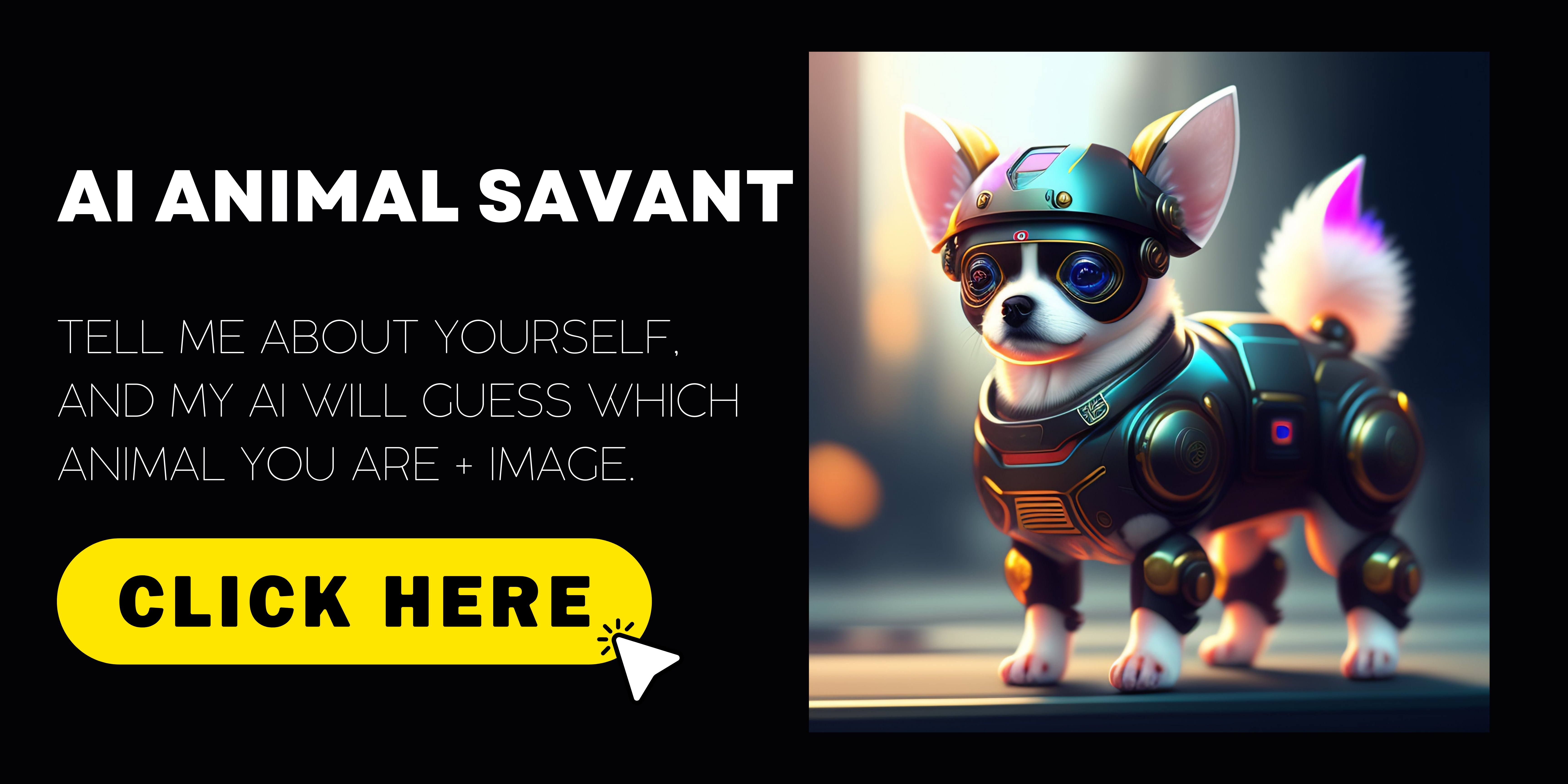As dog owners, we often wonder about the safety and suitability of certain human foods for our furry companions. Scrambled eggs, a popular breakfast dish, might seem like a healthy and protein-rich option to share with our dogs. In this blog post, we will explore whether dogs can safely consume scrambled eggs, discuss the potential benefits they offer, and provide guidelines to ensure their safety and well-being. Whether you’re considering adding scrambled eggs to your dog’s diet or simply curious about this common human food, read on to learn more about dogs and scrambled eggs.

The Benefits of Scrambled Eggs for Dogs:
Scrambled eggs can offer several health benefits for dogs when served in moderation and prepared properly. Here are some potential advantages of incorporating scrambled eggs into your dog’s diet:
- Protein-Rich: Eggs are an excellent source of high quality protein which is essential for the growth repair and maintenance of your dog s muscles tissues and organs protein supports a healthy immune system and helps in the production of enzymes and hormones.
- Essential Nutrients: Scrambled eggs contain essential nutrients such as vitamins A, D, and E, as well as minerals like iron and selenium. These nutrients contribute to your dog’s overall well-being, supporting healthy skin, coat, eyesight, and immune function.
- Healthy Fats: Eggs contain healthy fats, including omega-3 fatty acids, which play a vital role in promoting brain health, reducing inflammation, and maintaining a healthy coat and skin.
- Easily Digestible: Scrambled eggs are easily digestible for dogs making them a gentle option for those with sensitive stomachs or digestive issues.
- Energy Boost: The protein and fat content in scrambled eggs can provide your dog with a natural energy boost, which is particularly beneficial for active or working dogs.
While the benefits of scrambled eggs are enticing, it’s important to remember that eggs should be served as a supplement to a balanced and complete diet formulated specifically for dogs. Eggs should not replace a dog’s regular meals.
It’s also worth noting that individual dogs may have different dietary needs or sensitivities. If you have any concerns about adding scrambled eggs to your dog’s diet, it’s best to consult with your veterinarian for personalized advice based on your dog’s specific requirements.
In the next section, we will discuss precautions and considerations to ensure the safe consumption of scrambled eggs for dogs.
You may like: Can dogs have Egg salad?

Precautions and Considerations:
While scrambled eggs can offer health benefits for dogs, it’s important to take certain precautions and considerations into account to ensure their safety and well-being. Here are some key points to keep in mind:
- Moderation is Key: Like any food, scrambled eggs should be fed to dogs in moderation. While they provide nutrients, excessive consumption can lead to an unbalanced diet and contribute to weight gain. Eggs should only be a small part of your dog’s overall meal plan.
- Allergies and Sensitivities: Some dogs may have allergies or sensitivities to eggs. It’s important to monitor your dog for any adverse reactions after introducing scrambled eggs into their diet. Watch for signs such as itching, diarrhea, vomiting, or changes in behavior. If you notice any negative symptoms, discontinue feeding eggs and consult your veterinarian.
- Safe Serving Size: The appropriate serving size of scrambled eggs will depend on your dog’s size, age, and individual needs. As a general guideline, small dogs can be given around a tablespoon of scrambled eggs, while larger dogs can have a bit more. Adjust the portion size accordingly to avoid overfeeding.
You may like: Can dogs get dementia?
How to Safely Serve Scrambled Eggs to Your Dog:
To ensure the safe consumption of scrambled eggs for your dog, it’s important to follow these guidelines:
- Use Plain Eggs: When preparing scrambled eggs for your dog use plain unsalted eggs without added ingredients like salt butter or seasoning avoid using any additives that can be harmful to dogs as their digestive systems are sensitive to certain spices and fats.
- Cook Eggs Thoroughly: Properly cook the scrambled eggs until they are fully cooked and there is no runny or raw egg cooking eggs thoroughly helps eliminate the risk of salmonella contamination which can pose health risks to both dogs and humans.
- Cooking Methods: While frying scrambled eggs in oil or butter is a common method for humans it s best to avoid using excessive fats or oils when preparing them for dogs instead consider healthier cooking methods such as boiling or poaching which don t require additional fats.
Remember, scrambled eggs should be served as an occasional treat or supplement to your dog’s regular diet. They should not replace a balanced and complete dog food that meets all their nutritional needs. If you have any concerns or questions about feeding scrambled eggs to your dog, consult with your veterinarian for personalized advice based on your dog’s specific dietary requirements.
In the next section, we will provide additional information on the benefits of incorporating other dog-friendly foods into your dog’s diet as alternatives to scrambled eggs.

Other Considerations:
While scrambled eggs can be a healthy addition to a dog’s diet, there are certain considerations to keep in mind, especially for dogs with specific health conditions or dietary restrictions. Here are some points to consider:
- Health Conditions: Dogs with certain health conditions, such as pancreatitis or specific dietary restrictions, may require a specialized diet that differs from the average dog’s nutritional needs. It’s crucial to consult with your veterinarian before introducing scrambled eggs or any new food to your dog’s diet. They can provide personalized advice based on your dog’s specific health condition and dietary requirements.
- Treat or Supplement: Scrambled eggs should be viewed as a treat or supplement to a balanced and complete dog food diet. They should not replace the essential nutrients provided by a well-formulated dog food. Dogs have specific dietary needs, and relying solely on scrambled eggs or any single food item can lead to nutritional deficiencies.
- Variety and Balance: It’s important to provide a variety of foods to ensure a well-rounded diet for your dog. Incorporating other nutritious ingredients and protein sources into their meals will help provide a balanced nutritional profile. Consult with your veterinarian or a veterinary nutritionist to determine the appropriate balance and variety of foods for your dog’s specific needs.
Remember, every dog is unique, and their nutritional requirements may vary based on factors such as age, breed, size, and overall health. It’s always best to seek professional guidance from a veterinarian who can offer individualized advice tailored to your dog’s specific needs.
By considering these factors and seeking professional advice, you can ensure that scrambled eggs are served appropriately as a treat or supplement, supporting your dog’s overall health and well-being.
In the next section, we will provide some creative and healthy alternatives to scrambled eggs that can be incorporated into your dog’s diet for added variety and nutritional benefits.

Conclusion:
In conclusion, scrambled eggs can be a healthy and beneficial addition to a dog’s diet when served properly and in moderation. They offer valuable nutrients, including protein, essential vitamins, and minerals that contribute to your dog’s overall health and well-being. However, it’s important to keep in mind the following key points:
- Scrambled eggs should be viewed as a treat or supplement to a balanced dog food diet, rather than a primary source of nutrition. They should not replace a well-formulated dog food that meets all of your dog’s nutritional needs.
- Feeding scrambled eggs in moderation is crucial to avoid an unbalanced diet and excessive calorie intake each dog is unique and the appropriate portion size will depend on factors such as size age and individual needs.
- Precautions should be taken into consideration, especially regarding allergies or sensitivities to eggs. Monitor your dog for any adverse reactions and discontinue feeding eggs if any negative symptoms occur. Consulting with a veterinarian is always recommended, especially if your dog has specific health conditions or dietary restrictions.
Responsible feeding practices involve seeking professional guidance from a veterinarian who can provide personalized advice based on your dog’s specific needs. They can offer recommendations tailored to your dog’s health condition, dietary requirements, and any potential risks or concerns.
While scrambled eggs can be a tasty and nutritious addition to your dog’s diet, it’s important to prioritize their overall health and well-being by considering all factors before incorporating new foods into their routine. By being mindful of your dog’s individual needs and consulting with a veterinarian, you can ensure that any additions to their diet are safe and beneficial.
Remember, a well-balanced and complete dog food diet remains the foundation of their nutrition. Supplementing with occasional treats like scrambled eggs can add variety and enjoyment to their meals, supporting their overall happiness and satisfaction.
Always prioritize your dog’s health and well-being, making informed choices to provide them with a nutritious and fulfilling diet.





